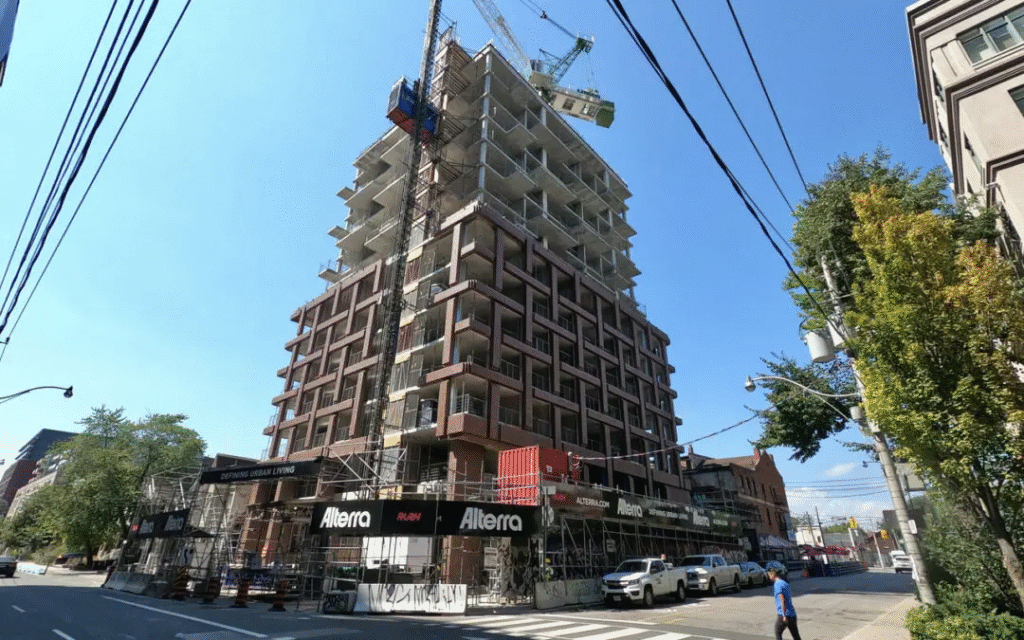Finding the right construction lifts for sale involves navigating a market rich with options designed to meet diverse site requirements. From single-level material lifts to large-scale hoisting systems capable of moving both personnel and heavy loads, contractors face decisions that impact project timelines and safety. Understanding the features, capabilities, and industry standards behind these hoists is crucial before making a significant investment.
The growing variety of construction hoists reflects technological advances along with evolving site demands. Equipment buyers must balance cost, capacity, and compliance while anticipating future needs. This makes early, informed evaluation of construction hoists a vital process for efficient construction management.
Understanding the Range of Construction Lifts for Sale
Construction lifts for sale encompass a wide spectrum—from small, portable hoists to large mast climbing platforms. Some hoists are designed primarily for materials, while others serve dual purposes, transporting personnel and equipment safely. The lifting capacity typically ranges from 1,000 to 16,000 pounds, with manufacturers offering customizable features like car size, speed, and power requirements.
Different hoists suit different project environments: compact hoists are ideal for indoor or confined spaces, while heavy-duty hoists cope with outdoor, high-rise construction demands. Assessing the site specifics and volume of materials ensures the hoist selected will maintain flow without bottlenecks or safety risks.
Comparing Construction Hoists vs. Lifts: Which Suits Your Project?
Though often used interchangeably, construction hoists and lifts for sale serve distinct roles. Hoists mechanically raise loads vertically using ropes or chains, often hooked to beams or cranes. They are versatile for heavy or bulky materials with simpler operation and lower cost, but may lack comfort or protection when transporting personnel.
Construction lifts, often called man lifts, material lifts, or personnel lifts, provide secure enclosed cabins designed for worker safety during vertical movement. They usually include more advanced safety systems, making them necessary when frequent transport of manpower is involved.
Choosing between a hoist and a lift depends on the nature of the project: materials-only needs may be met by hoists, while jobs requiring regular worker access at height generally call for lifts.
What to Ask When Evaluating a Construction Hoist for Sale
When shopping for a construction hoist, contractors should consider:
- Load Capacity: Does it handle the maximum weight of materials and personnel expected?
- Lift Height and Speed: Can the hoist reach all required floors efficiently, and how quickly can it operate?
- Safety Features: Are emergency brakes, overload sensors, and guard-enclosed cabins included?
- Power Requirements: What electrical specifications are needed, and do they fit the site’s power supply?
- Maintenance and Support: Does the supplier offer timely service, warranties, and operator training?
Understanding these factors ensures the purchase aligns with operational demands, regulatory requirements, and budget constraints.
Long-Term Planning and Maintenance Insights
Buying a construction hoist is a long-term investment. Beyond upfront cost, planning for maintenance, repairs, and potential scalability is essential. Regular inspections preserve safety and prolong equipment life, while predictable servicing minimizes project disruptions. Considering features like modular components and easy access for maintenance can reduce downtime.
Contractors should also plan for peak project periods where dual hoists or lifts may be required to maintain workflow. Selecting a supplier like UCEL Inc., known for after-sales support and training services, adds value by reducing ownership complexity.
Buying for Efficiency and Longevity
Selecting the right construction hoist involves careful assessment of project needs, site conditions, and safety standards. UCEL Inc. supports contractors with tailored solutions that balance efficiency, capacity, and durability for today’s demanding construction environments. For expert advice on choosing and maintaining hoists that improve project timelines and site safety, contact UCEL Inc. today and secure the vertical access equipment that works best.



